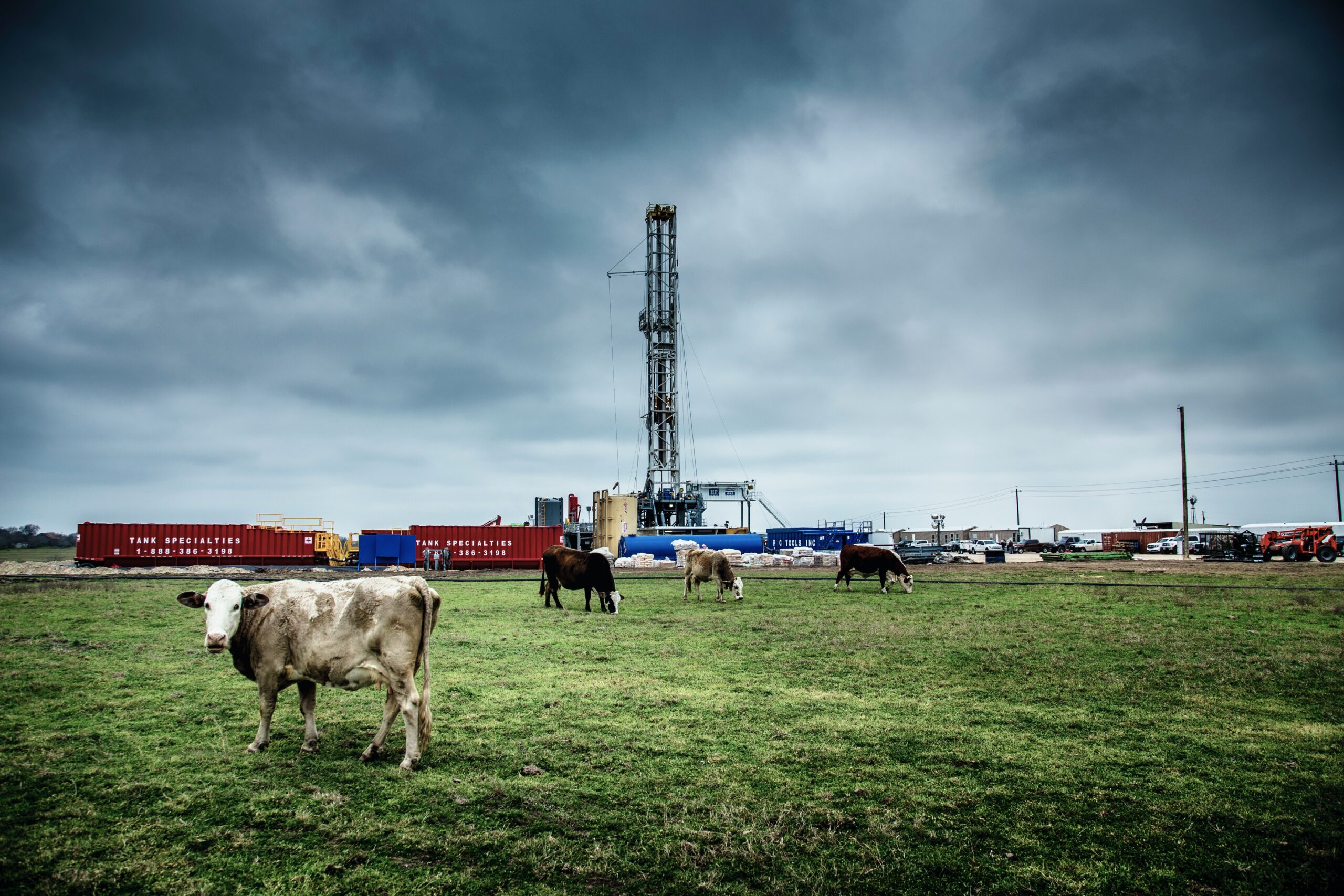The food industry is responsible for more than a quarter of global CO2 emissions – and thus plays a key role in the fight against climate change. The bad news: reducing CO2 in food production is much more difficult to accomplish than in other industries. But the good news is that there’s already numerous approaches out there.

To eat or not eat animals – that is the controversial question in more and more families and among friends and collegaues. So much so that even former chancellors are speaking out in support of the supposedly-threatened “Currywurst” sausage. Not so long ago, the German Green party has been derided as aiming for an “Eco Dictatorship” for daring to propose a weekly Veggie Day in German canteens. And only recently the EU confirmed that animal dairy products like milk constitute protected product names, forbidding the use of “soy milk” or “oat milk” when promoting plant-based drinks.
For many who choose plant-based alternatives in the supermarket, climate protection plays an important role. The carbon footprint for a kilogram of beef, for example, is many times higher than for plant-based alternatives – not to mention the significantly higher water and land use consumption.
Overall, food production is currently responsible for almost 26% of global CO2 emissions. By way of comparison, global air, sea and rail traffic taken together account for only 4% of global CO2 emissions.
The food industry therefore has its CO2 reduction work cut out. But are pure plant-based diets the solution for every issue the food industry has?
Battlefield Food: The Hottest Issues
Unfortunately, no. Some plant-based ingredients also face ecological and social problems. In ecological terms, for example, the use of palm oil in many foods is considered critical, as rainforests often have to give way for its production. And for the cultivation of cocoa child labor is still too often used. Certifications such as those of the RSPO for palm oil or the Rainforest Alliance for cocoa do exist but are repeatedly criticized for not being strict enough.
In addition, there is also the question of responsibility towards the end consumer. In Germany in particular, there have been repeated debates on this issue in recent years, for example on the subject of “traffic light labeling” for foods, which most recently resulted in the “Nutri-Score” that is only to be indicated voluntarily, or on the subject of banning the advertising of unhealthy foods to children, which is already being tackled in Great Britain and Spain, among others.
Food Industry: Further relevant ESG topics
In addition to the carbon footprint and food labeling and advertising, there are other topics that are relevant for food processing companies according to the ESG standard SASB.
When it comes to environmental issues, relevant topics are:
- Energy and water consumption (especially in arid world regions)
- Packaging volumes and waste prevention strategies
- Environmental strategies for the upstream value chain
And in the social area, relevant topics include:
- Strategies for dealing with critical ingredients (e.g. palm oil, cocoa)
- Measures to improve food safety and quality
- The share of genetically modified foods in total sales
Also, marketing issues play a pivotal role – in addition to the sensitive topic of child protection in marketing, companies should provide information on possible legal violations of applicable marketing and product labeling regulations here, according to SASB.

The ESG Future of the Food Industry
Looking ahead, there are clear trends and changes that the food industry as a whole must adapt to. In Germany, for example, the new Minister of Agriculture and the new Minister of the Environment are planning a fundamental “realignment of agriculture“, which includes increasing the share of land used for organic farming to 30% by 2030. For Germany, the consultancy firm PwC predicts that the market for vegetarian and vegan substitute products will grow from €2 billion (2019) to €10 billion by 2030.
And with regard to specific ESG issues, there are still some that have so far flown “under the radar” of classic food producers. These include, for example, the issue of food waste (in the supermarket and at the end consumer), leading to emissions of 3.3 billion tCO2eq annually, and transporting food as sustainably as possible from the field to the end consumer’s table, which requires close cooperation with all supply partners. So there is still quite a lot to be done …
The food industry is changing and at the same time facing growing ESG requirements. We support you in systematically addressing the challenges: Feel free to contact us!




